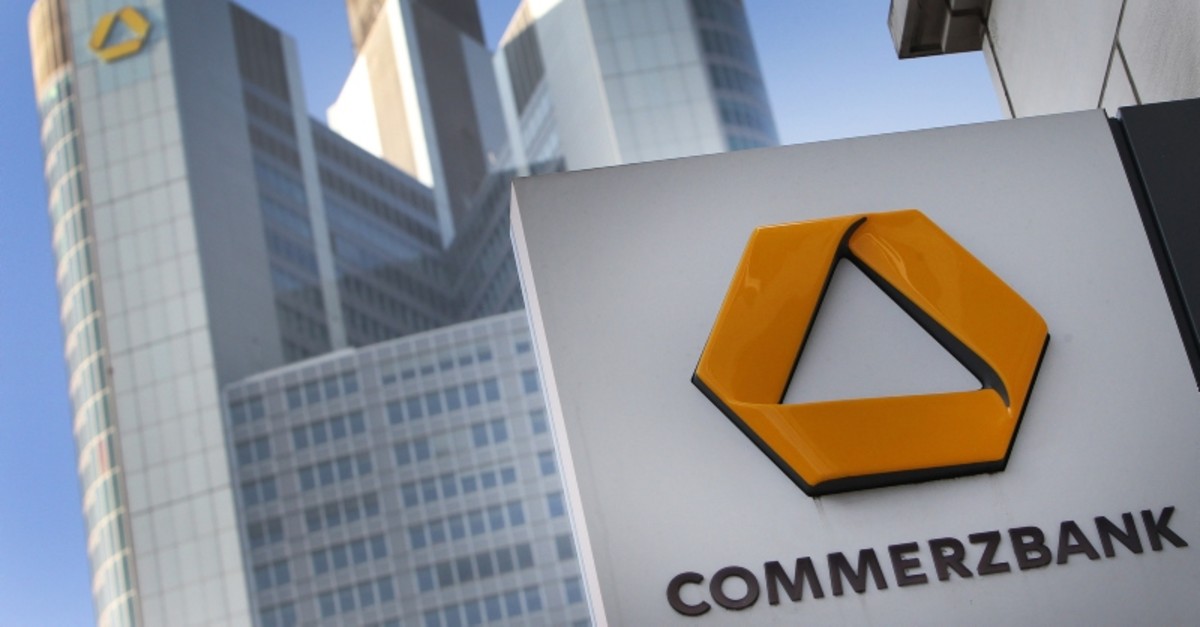Eurozone purchasing managers’ indexes rose above the critical 50 threshold in July, confirming that the eurozone economic recovery continues at a decent pace. However, economists expect the recovery to lose steam after the initial rebound driven by the reopening of economies. The following is a selection of analysts’ comments.
Eurozone purchasing managers’ indexes confirmed earlier signs of the bloc’s economic recovery, says Maddalena Martini, eurozone economist at Oxford Economics. The flash composite eurozone PMI increased to 54.8 in July from 48.5 in June, in line with other surveys, such as the ZEW and the Sentix, released earlier in the month. “Although positive, today’s improvement in PMIs was less marked than June’s one and reflected the nature of the current economic recovery,” Martini says, explaining that after the sharp initial bounce, Oxford Economics expects the recovery to be more challenging. “The big picture for the eurozone remains of an economy still suffering for the economic consequences of the coronavirus outbreak and the lockdowns,” she says.
The euro briefly extends gains after data showed eurozone manufacturing and services activity recovered more than expected in July following the further relaxation of coronavirus restrictions. The IHS Markit eurozone composite purchasing managers’ index for manufacturing and services rose to a 25-month high of 54.8 in July from 48.5 in June, above the 50 level that separates an expansion from a contraction. Economists polled by the WSJ expected a reading of 51.0. The concern is that the recovery “could falter” after this initial revival as firms continue to reduce headcounts to a “worrying degree,” Markit economist Chris Williamson says. EUR/USD initially rises to 1.1615, from around 1.1609 before the data. It last trades at 1.1601.
The sharp rise in the eurozone composite purchasing managers’ index in July is an encouraging sign that the economic recovery continued at a decent pace, but Capital Economics suspects activity will remain below pre-crisis levels for at least the next couple of years. The PMIs have been more difficult to interpret than usual over the past few months, says Jack Allen-Reynolds, senior Europe economist at Capital Economics. Although activity has clearly been picking up after lockdowns were eased in April and May, the PMIs had remained below 50, which is supposed to indicate continued monthly contractions, he explains. “We need to take [the PMIs] with a pinch of salt,” Allen-Reynolds says.
French purchasing managers indexes continued to show an impressive rebound in activity in July, but recent business surveys show that this optimism should be taken with a pinch of salt, says Julien Manceaux, senior economist at ING. INSEE surveys revealed weaknesses that should temper any euphoria, Manceaux says. In the manufacturing sector, order books saw only marginal improvement in July, especially foreign orders, he says. “The weakness of foreign trade and the postponement of private business investment plans has left little hope in this respect,” he adds. In the service sector, while both PMI indicators and business surveys show high levels of activity expectations, confidence overall is only just above its worst level of 2009, Manceaux says.
July PMI data across Europe supports Berenberg’s projection of a tick-shaped recovery. That involves a rapid but partial snap back in economic activity as soon as economies reopen, followed by a slower sustained recovery thereafter that eventually reaches and exceeds the pre-coronavirus level of GDP some two to three years from now, says Kallum Pickering, senior economist at Berenberg. While activity in services rose sharply across Europe, manufacturing still remains subdued. The de facto closure of key service industries means the sector overall has much more catch-up potential than major parts of the production industry which managed, though heavily restricted, to continue operating through much of the lockdown, Pickering says.
 July’s purchasing managers data point to a further strong increase in economic activity in the eurozone services sector, which has been particularly hard hit by coronavirus restrictions, Commerzbank economist Christoph Weil says. Production in the manufacturing sector is also likely to have continued to rise and therefore the economy should grow significantly in the third quarter, he says. However, the slump in 2Q is likely to be only partially reversed. “It will take some time for the eurozone economy to return to its pre-crisis level,” Weil says. Commerzbank doesn’t expect real gross domestic product to return to pre-crisis levels before 2022.
July’s purchasing managers data point to a further strong increase in economic activity in the eurozone services sector, which has been particularly hard hit by coronavirus restrictions, Commerzbank economist Christoph Weil says. Production in the manufacturing sector is also likely to have continued to rise and therefore the economy should grow significantly in the third quarter, he says. However, the slump in 2Q is likely to be only partially reversed. “It will take some time for the eurozone economy to return to its pre-crisis level,” Weil says. Commerzbank doesn’t expect real gross domestic product to return to pre-crisis levels before 2022.
©️Newswires






